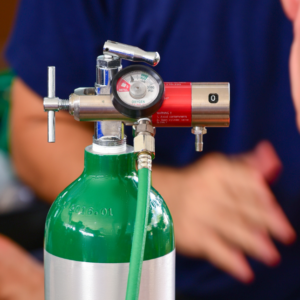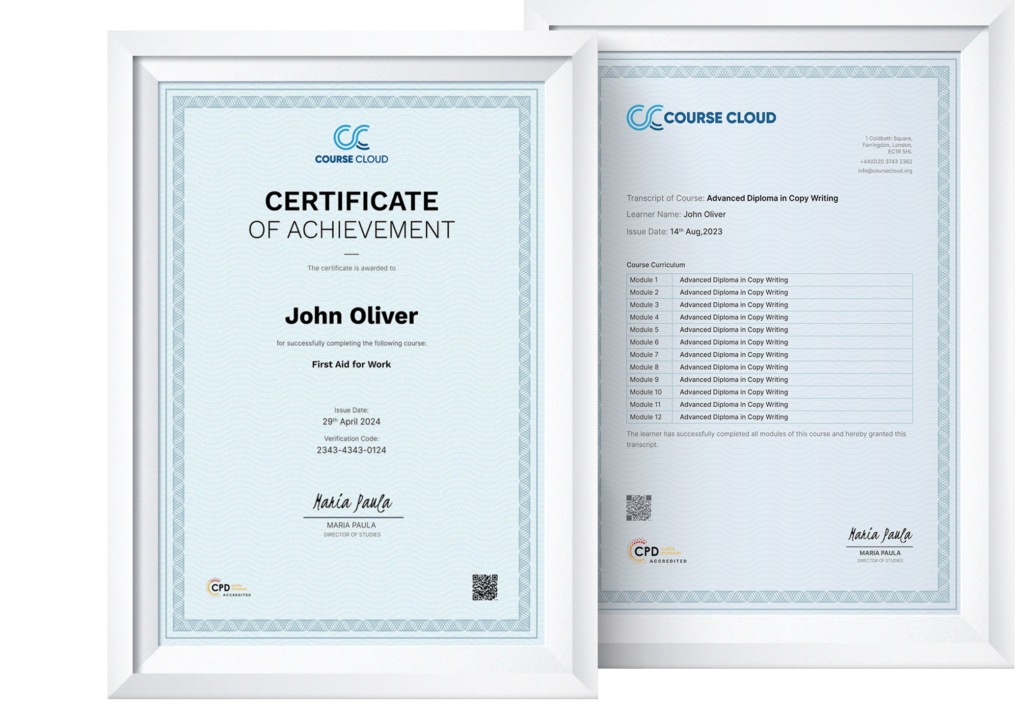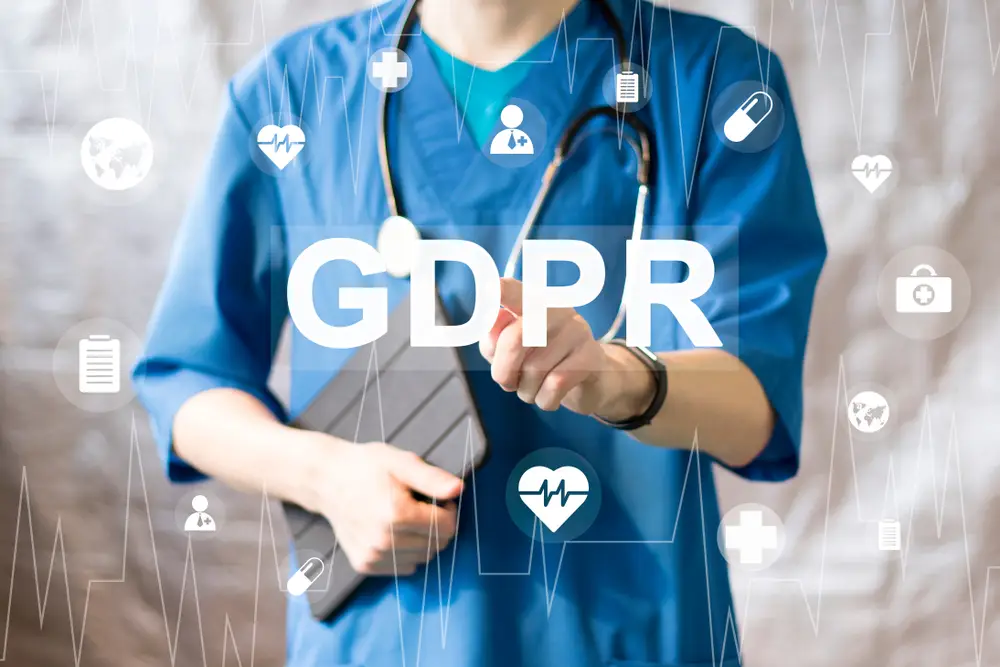-
×
 Dual Diagnosis Addiction & Mental Health Certified Online Course
1 × £25
Dual Diagnosis Addiction & Mental Health Certified Online Course
1 × £25 -
×
 PDF Certificate (Special Gift for You)
24 × £5.99
PDF Certificate (Special Gift for You)
24 × £5.99 -
×
 Stress Management
1 × £25
Stress Management
1 × £25 -
×
 Natural Therapies: Crystal Reflexology
1 × £25
Natural Therapies: Crystal Reflexology
1 × £25 -
×
 Brain Fitness: Memory Increasing Techniques
2 × £25
Brain Fitness: Memory Increasing Techniques
2 × £25 -
×
 SEO Training
1 × £25
SEO Training
1 × £25 -
×
 Content Marketing Level 3
1 × £25
Content Marketing Level 3
1 × £25 -
×
 Food Science
1 × £25
Food Science
1 × £25 -
×
 Event Management for Beginners
1 × £25
Event Management for Beginners
1 × £25 -
×
 Cryptocurrency: Buy, Sell and Trade Cryptocurrency
1 × £25
Cryptocurrency: Buy, Sell and Trade Cryptocurrency
1 × £25 -
×
 Medical Gases
1 × £25
Medical Gases
1 × £25 -
×
 Shiatsu massage for beginners
1 × £25
Shiatsu massage for beginners
1 × £25 -
×
 Google My Business Page Optimisation
1 × £25
Google My Business Page Optimisation
1 × £25 -
×
 Weight Loss Training
1 × £25
Weight Loss Training
1 × £25 -
×
 Parkinson's Disease: Diagnosis, Treatment, and Resources
1 × £25
Parkinson's Disease: Diagnosis, Treatment, and Resources
1 × £25 -
×
 WordPress for Beginners
1 × £25
WordPress for Beginners
1 × £25 -
×
 Adobe Lightroom Classic CC & CC: Photo Editing Masterclass
1 × £25
Adobe Lightroom Classic CC & CC: Photo Editing Masterclass
1 × £25 -
×
 Chart Patterns for Day Trading in Stock Market
1 × £25
Chart Patterns for Day Trading in Stock Market
1 × £25 -
×
 Photoshop Portrait Editing: Dodge & Burn Technique
1 × £25
Photoshop Portrait Editing: Dodge & Burn Technique
1 × £25 -
×
 Mastering Google Adwords 2020
1 × £25
Mastering Google Adwords 2020
1 × £25 -
×
 PowerPoint 2016 Introduction
1 × £25
PowerPoint 2016 Introduction
1 × £25 -
×
 Programming for Beginners
1 × £25
Programming for Beginners
1 × £25 -
×
 Learn English Language: English Pronunciation Masterclass
1 × £25
Learn English Language: English Pronunciation Masterclass
1 × £25 -
×
 Passive Income Level 3
1 × £25
Passive Income Level 3
1 × £25 -
×
 Cloud Ultra (Lifetime with Certificate)
1 × £149
Cloud Ultra (Lifetime with Certificate)
1 × £149
Subtotal: £892.76


 Get Accredited Certificate
Get Accredited Certificate




 ALL COURSES FOR £49
ALL COURSES FOR £49







